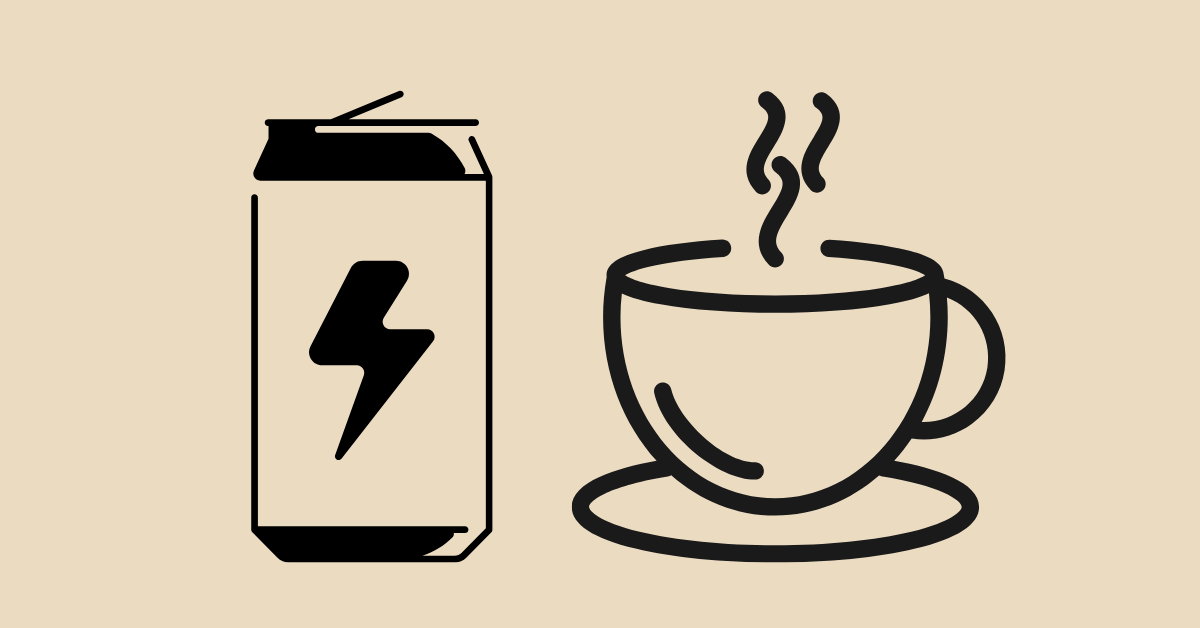Studying is crucial, but feeling sleepy while studying can disrupt focus and lower productivity. As someone who has battled sleepiness during study sessions, I understand how challenging it can be to stop feeling sleepy while studying. In this article, I’ll share proven strategies to Stop Feeling Sleepy While Studying, that have worked for me and others.

Understanding Why You Feel Sleepy While Studying
Feeling sleepy while studying is natural. It can happen due to:
- Lack of Sleep: Not getting 7-8 hours of sleep impacts alertness.
- Poor Study Environment: Dim lighting and uncomfortable seating can induce drowsiness.
- Long Study Sessions: Prolonged focus without breaks exhausts your mind.
- Inadequate Nutrition: Poor eating habits affect energy levels.
- Dehydration: Even mild dehydration can cause fatigue.
Identifying the root cause helps you tackle sleepiness effectively and helps you Stop Feeling Sleepy While Studying.
Tips to Overcome Sleepiness While Studying
1. Prioritize Quality Sleep
- Ensure you get 7-8 hours of sleep nightly. A well-rested mind retains information better. Stick to a regular sleep schedule for consistency which is a great help Stop Feeling Sleepy While Studying.
2. Optimize Your Study Environment
- Lighting: Use bright, white light to mimic daylight.
- Seating: Choose an ergonomic chair for proper posture.
- Temperature: Keep the room cool but comfortable.
3. Take Strategic Breaks
- Follow the Pomodoro Technique:
- Study for 25 minutes.
- Take a 5-minute active break.
4. Stay Hydrated
- Drink water regularly to stay refreshed which assists in Stop Feeling Sleepy While Studying. Dehydration contributes to sluggishness and drowsiness.
5. Eat Energizing Snacks
Consume snacks rich in protein and healthy carbs, like:
- Nuts
- Fruits
- Yogurt
- Avoid sugary treats—they cause energy crashes.
6. Incorporate Physical Activity
Exercise stimulates blood flow and sharpens focus.
- Take a quick walk.
- Do light stretches.
7. Engage with Study Material
Passive reading can make you sleepy. Instead:
- Take notes.
- Use flashcards.
- Teach someone else what you’ve learned.
8. Avoid Studying on the Bed
- Your brain associates the bed with sleep. Sit at a desk to maintain alertness.
Natural Remedies to Stay Alert
1. Aromatherapy
- Citrus and peppermint scents help increase vitality. Use essential oils or scented candles in your study space.
2. Chew Gum
- Chewing gum keeps your brain active and reduces drowsiness.
3. Cold Water Splash
- Wash your face with cold water to feel instantly awake.
Create a Study Routine That Works
Morning Study Routine
- Wake up early after a full night’s sleep.
- Do a 10-minute workout to energize yourself.
- Eat a healthy breakfast with proteins and fibers.
Evening Study Routine
- Avoid heavy meals before studying.
- Limit screen time to reduce eye strain.
- Create a to-do list to stay focused on tasks.
Effective Study Techniques to Prevent Sleepiness
1. Active Recall
- Test yourself on what you’ve learned. This method improves memory and keeps your brain engaged.
2. Spaced Repetition
- Review material at intervals to retain information effectively.
3. Change Subjects
- Switching topics keeps your brain stimulated and reduces monotony.
When Coffee and Energy Drinks Help Caffeine can be a quick fix but should be used wisely:
Caffeine can be a quick fix but should be used wisely:
- Limit intake to avoid dependency.
- Drink coffee or tea in moderation.
- Avoid energy drinks loaded with sugar.
Long-Term Solutions for Staying Alert
1. Maintain a Balanced Diet
- Include vegetables, fruits, whole grains, and proteins in your meals.
2. Build a Sleep-Friendly Routine
- Avoid screens 1 hour before bed.
- Practice relaxation techniques like meditation.
3. Develop Healthy Study Habits
- Consistency is key. Study at the same time daily to train your mind.
Real-Life Experiences with Staying Alert While Studying
As someone who has dealt with late-night study sessions and the struggle of staying awake, I’ve found these strategies life-changing.
One trick I swear by is active movement breaks—doing 5 push-ups or jumping jacks every hour keeps my energy up.
Another personal favorite is changing study locations. If one place feels too comfortable, I switch to a library or café for a new vibe that prevents drowsiness.
Foods That Fight Sleepiness
Incorporate these foods into your diet to sustain energy:
- Bananas: Provide natural sugars and potassium.
- Dark Chocolate: Offers a mild caffeine boost.
- Eggs: Packed with protein for sustained energy.
- Green Tea: A low-caffeine alternative to coffee.
Avoid heavy meals or greasy foods before studying, as they can make you sluggish. Avoiding those items will help you Stop Feeling Sleepy While Studying.
Embrace a Holistic Approach
Tackling sleepiness while studying requires addressing physical, mental, and environmental factors. Combine:
- Physical Health: Eat well, stay hydrated, and exercise.
- Mental Resilience: Stay motivated and stress-free.
- Environmental Setup: Keep your study space organized and well-lit.
The Role of Mindset in Combating Sleepiness
A positive mindset can work wonders and help you Stop Feeling Sleepy While Studying:
- Visualize success to stay motivated.
- Set clear goals for each study session.
- Remind yourself why you’re studying and the long-term benefits.
How Weather Affects Sleepiness While Studying
The environment around you plays a role in your alertness which will indirectly help you Stop Feeling Sleepy While Studying:
- Cold Weather: Makes you feel cozy and sleepy. Counteract this with warm layers but keep the room ventilated.
- Hot Weather: Heat can drain your energy. Use a fan or air conditioning to stay cool which helps in Stop Feeling Sleepy While Studying.
FAQs
1. Why do I feel sleepy every time I start studying?
- Feeling sleepy while studying often happens due to monotony, lack of interest, or insufficient sleep. Creating an engaging study routine and ensuring proper rest can help you Stop Feeling Sleepy While Studying.
2. Does drinking coffee or tea help prevent sleepiness?
- Yes, caffeine in coffee or tea stimulates the brain and reduces drowsiness temporarily. However, overuse can lead to dependency and crashes, so use it sparingly.
3. Are power naps effective in combating sleepiness?
- Absolutely! A 15-20-minute power nap can refresh your mind and improve alertness without making you groggy.
4. Can exercise help me stay awake while studying?
- Yes, light exercises like stretching or a quick walk improve blood circulation and keep you energized during study sessions.
5. How can I stay awake while studying at night?
- Use bright lighting, take frequent breaks, drink water, and avoid heavy meals. A consistent routine and small movement breaks also help maintain focus at night.
Feeling sleepy while studying is a common hurdle, but it’s not insurmountable. From adjusting your environment to adopting healthier lifestyle habits, every small change can make a significant difference. Stay patient, experiment with these tips, and build a routine that works for you which will directly help you Stop Feeling Sleepy While Studying.
Remember, success isn’t about how much you study—it’s about how effectively you study. Stay alert, stay focused, and keep moving toward your goals.
